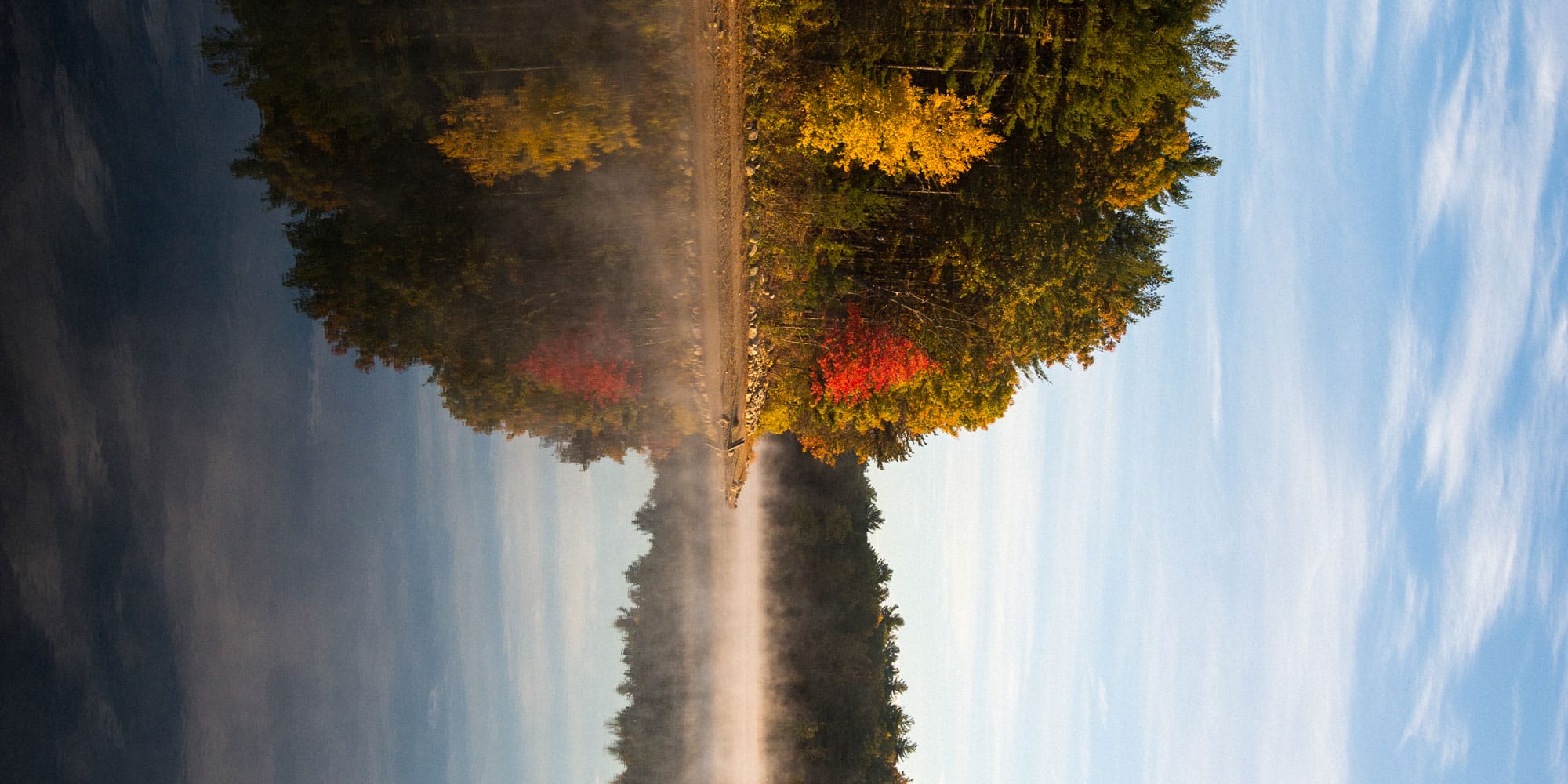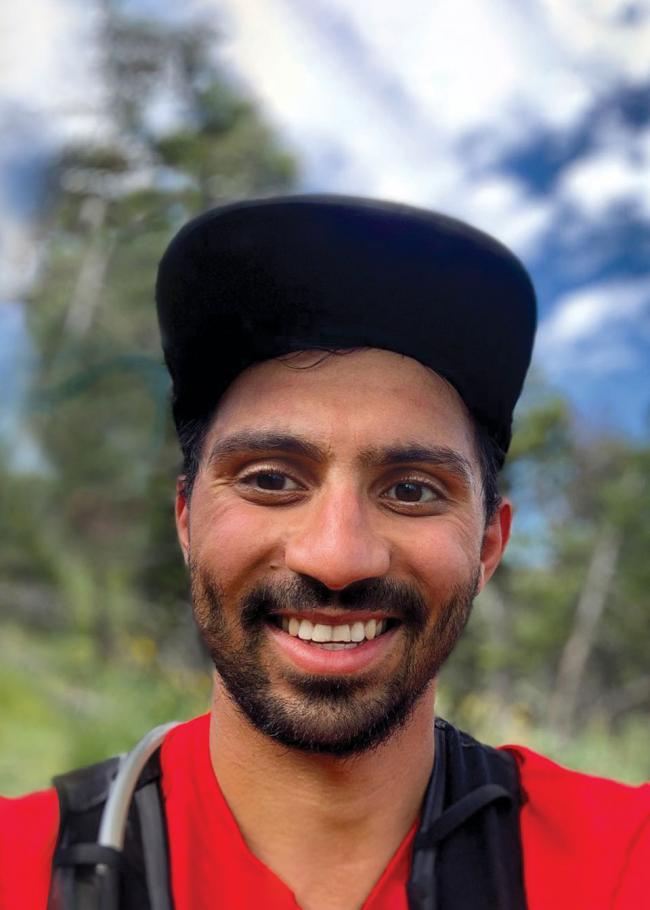Sojitra lost his job with Eagle Mount because of COVID-19, but he’s ready for the next chapter. He’s planning to get a master’s degree in public administration, to learn about some of the inner workings of the outdoor industry. From there, he wants to start consulting on diversity, equity, and inclusion issues for outdoor brands and agencies, to put some of his ideas into action. He has also cofounded the Inclusive Outdoors Project, which hosts events that bridge the gap between affinity spaces created by BIPOC, Adaptive/Disabled, and Queer/LGBTQ communities, and outdoor organizations.
Disability is diverse. It can be visible or invisible, and you can’t know someone’s needs just by looking at them. While Sojitra doesn’t have many accessibility needs to consider, his experience with those who do through his work at Eagle Mount influences how he sees the world. “I was down in Rocky Mountain National Park and out of the 355 miles of trails there, only four miles are accessible,” he says. “If we can build a super highway, we can do better!”
Learn more about Vasu and follow him on Instagram @vasu_sojitra. Follow the Inclusive Outdoors Project at @inclusiveoutdoorsproject.
Read more conversations in this series here.


